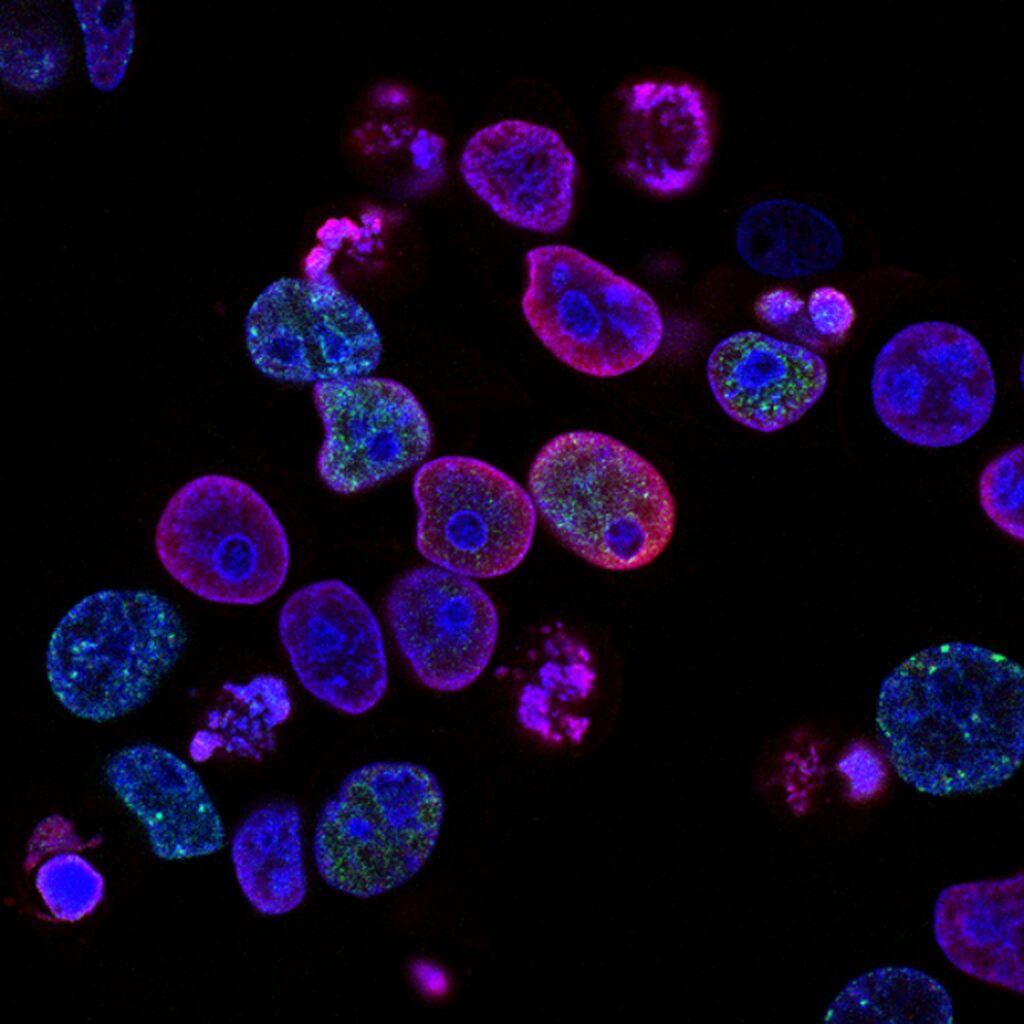Fasting has been used for centuries for healing and longevity, but recent research suggests it may also play a powerful role in cancer prevention and even treatment. At the heart of this process is autophagy, the body’s natural way of cleaning out damaged cells, including potentially cancerous ones. But can fasting really help fight cancer? Let’s dive into the science.
What is Autophagy?
Autophagy (meaning “self-eating”) is the body’s way of recycling damaged cells, misfolded proteins, and toxins. When food intake is restricted, the body shifts into a survival mode where it prioritizes cellular cleanup and regeneration.
How does autophagy help fight cancer?
- Removes Damaged Cells – Autophagy helps eliminate precancerous cells before they become tumors.
- Reduces Inflammation – Chronic inflammation fuels cancer growth. Fasting lowers inflammation markers.
- Inhibits Cancer Cell Growth – Cancer cells rely on constant glucose supply. Fasting starves them of their preferred fuel.
- Enhances Chemotherapy Effects – Some studies suggest fasting may make cancer cells more vulnerable to treatment while protecting healthy cells.
Types of Fasting That Promote Autophagy
Not all fasting methods trigger the same level of autophagy. Here are some of the most effective approaches:
1. Intermittent Fasting (16:8 or 18:6)
- How it works: Restrict eating to an 8-hour (or shorter) window daily.
- Best for: Beginners and those looking to support long-term cellular repair.
2. Extended Fasting (24-72 hours)
- How it works: Fasting for longer periods forces the body into deeper autophagy.
- Best for: Those seeking stronger anti-cancer benefits and metabolic resets.
3. Fasting-Mimicking Diet (FMD)
- How it works: A low-calorie, low-protein diet for 5 days mimics the effects of fasting.
- Best for: People who struggle with full fasting but want similar benefits.
What Does the Science Say?
Fasting’s impact on cancer is an area of active research, with promising results:
- Animal Studies: Research shows fasting can slow tumor growth and enhance the body’s ability to eliminate cancer cells.
- Human Trials: Small studies suggest fasting may improve outcomes for cancer patients undergoing treatment, reducing side effects and increasing survival rates.
- Ketosis & Cancer: Fasting shifts the body into ketosis, where cells burn fat instead of sugar. Since cancer cells thrive on glucose, this metabolic switch may slow their growth.
Foods That Enhance Autophagy
While fasting is the most direct way to trigger autophagy, certain foods and nutrients can support the process:
- Green Tea & Coffee – Rich in polyphenols that promote autophagy.
- Turmeric (Curcumin) – A powerful anti-inflammatory compound that aids cellular repair.
- Resveratrol (Found in Grapes & Berries) – Activates longevity pathways that enhance autophagy.
- Cruciferous Vegetables (Broccoli, Kale, Cauliflower) – Contain sulforaphane, a potent detoxifier.
Who Should Be Cautious with Fasting?
While fasting is a powerful tool, it’s not for everyone. If you have low blood sugar issues, are underweight, or have a history of eating disorders, consult a health professional before starting.
Final Thoughts
Fasting and autophagy offer exciting possibilities in cancer prevention and healing. While more research is needed, it’s clear that lifestyle-based strategies like fasting can be powerful tools for cellular health and longevity.
Take back control of your health with lifestyle as medicine. ProjectLx empowers you to heal with evidence-backed, non-pharmaceutical strategies. Your time to heal is now. Join ProjectLx.com today.
